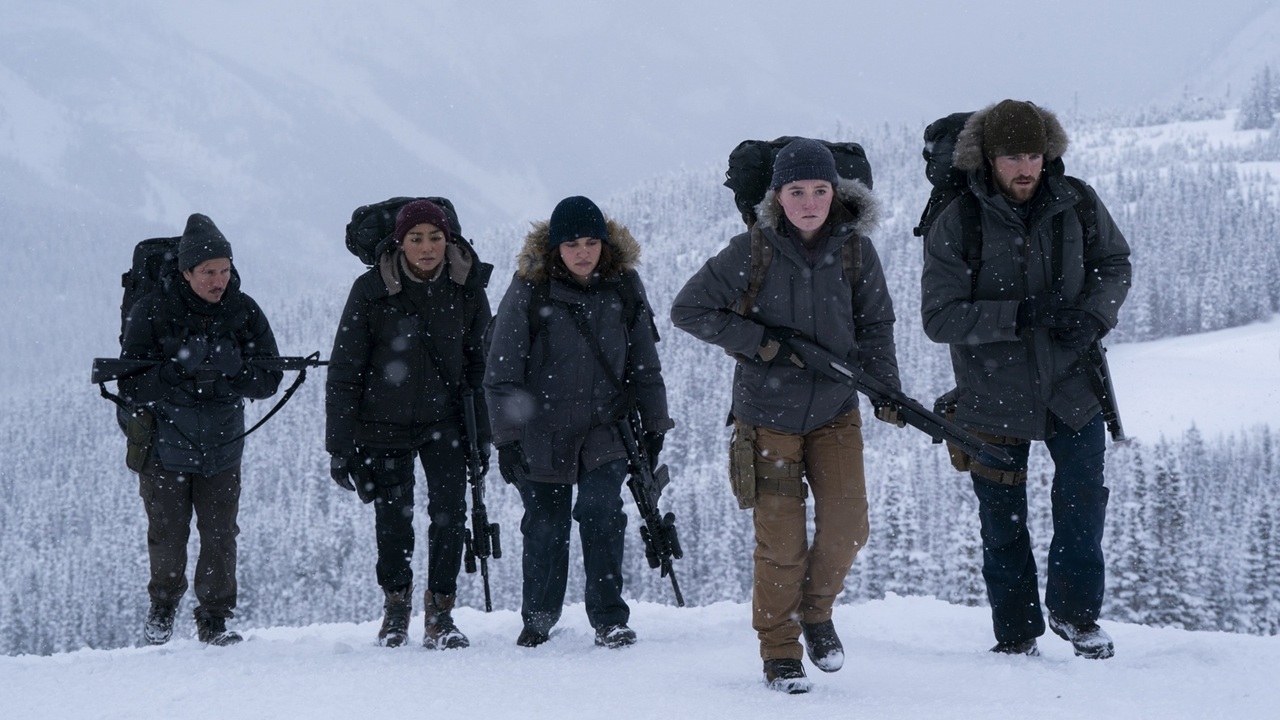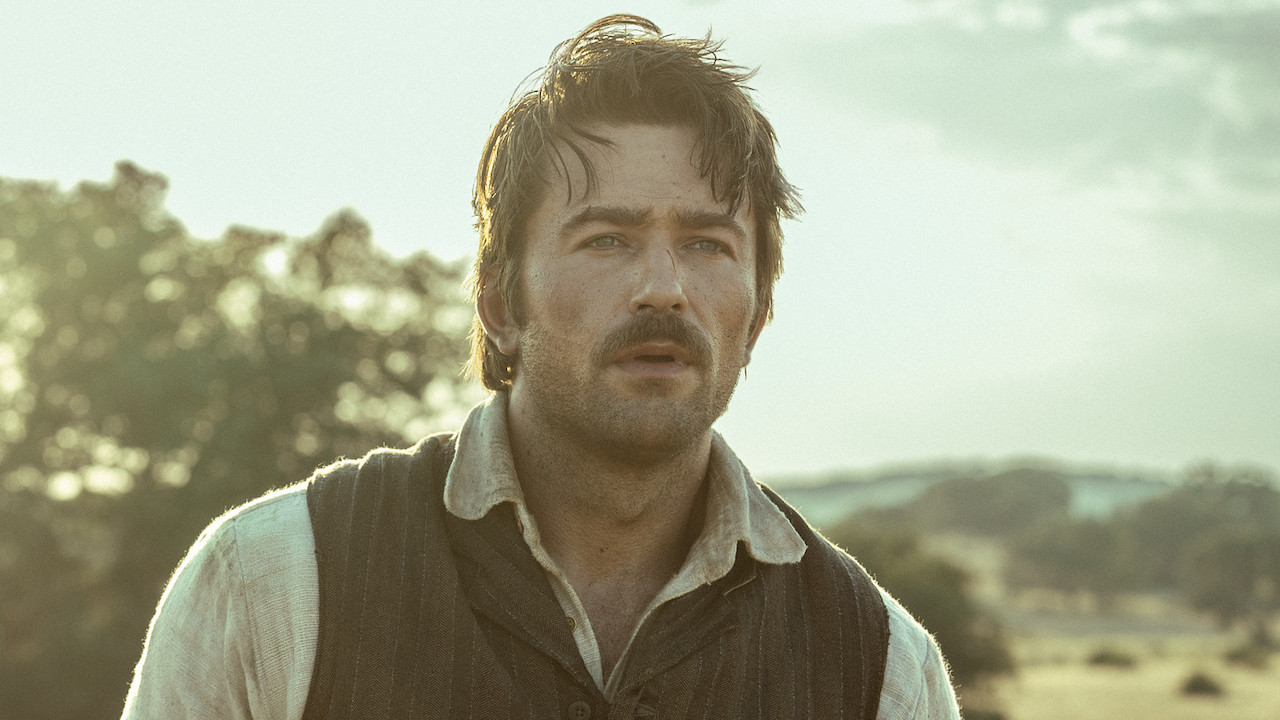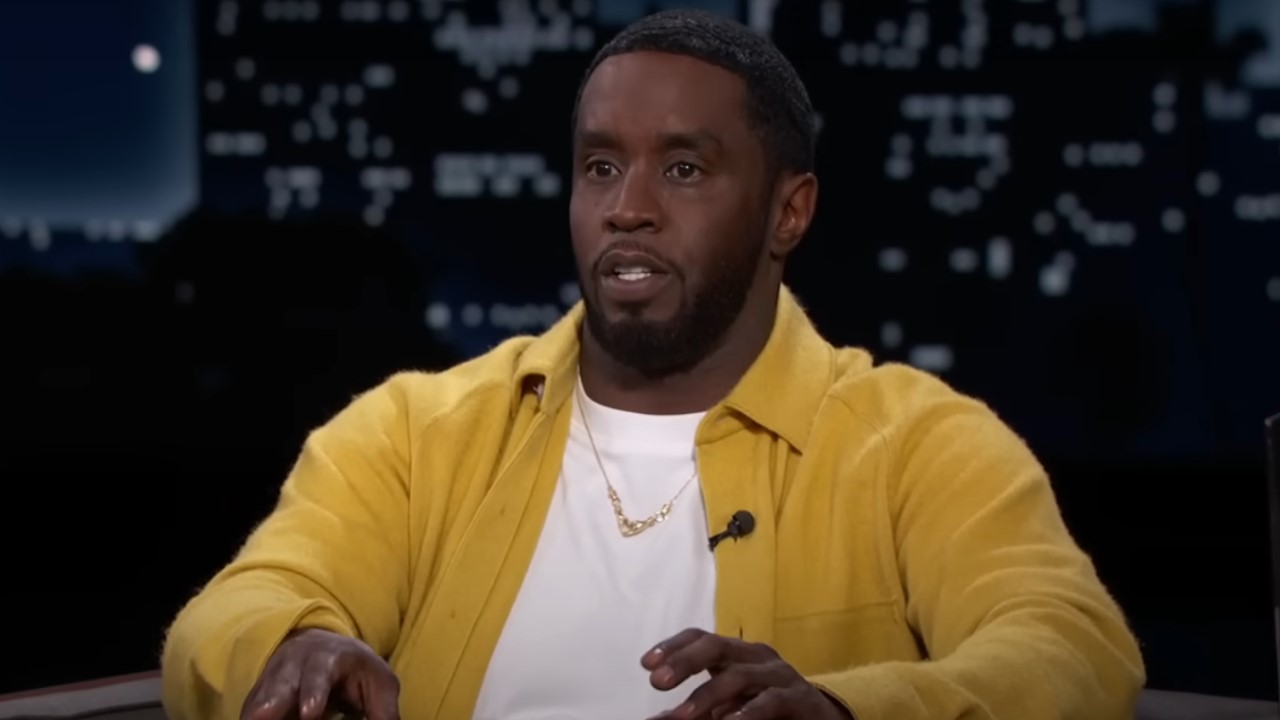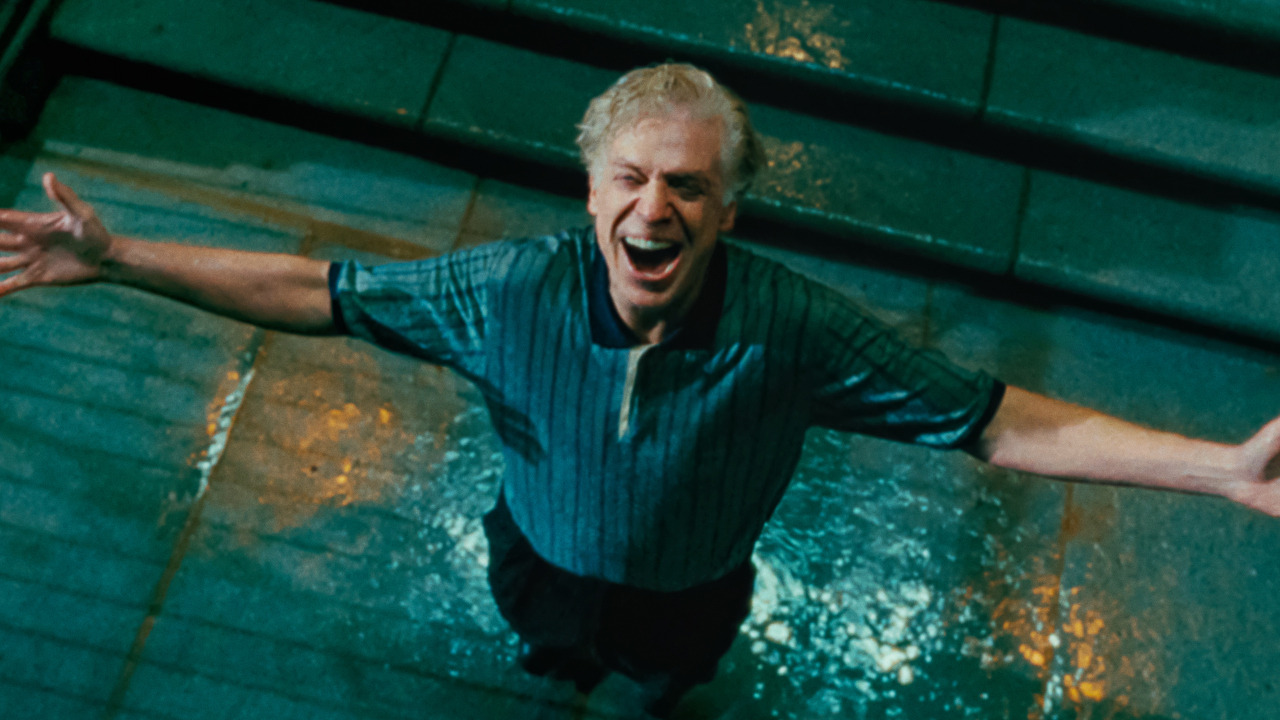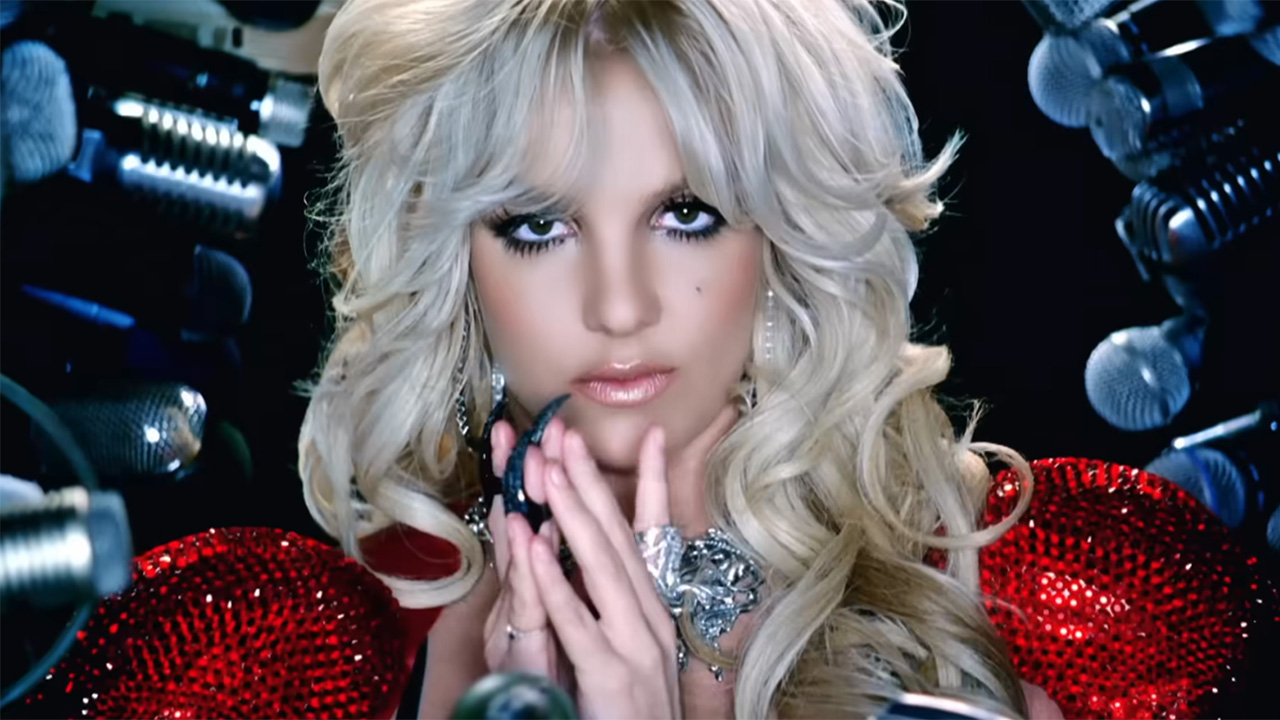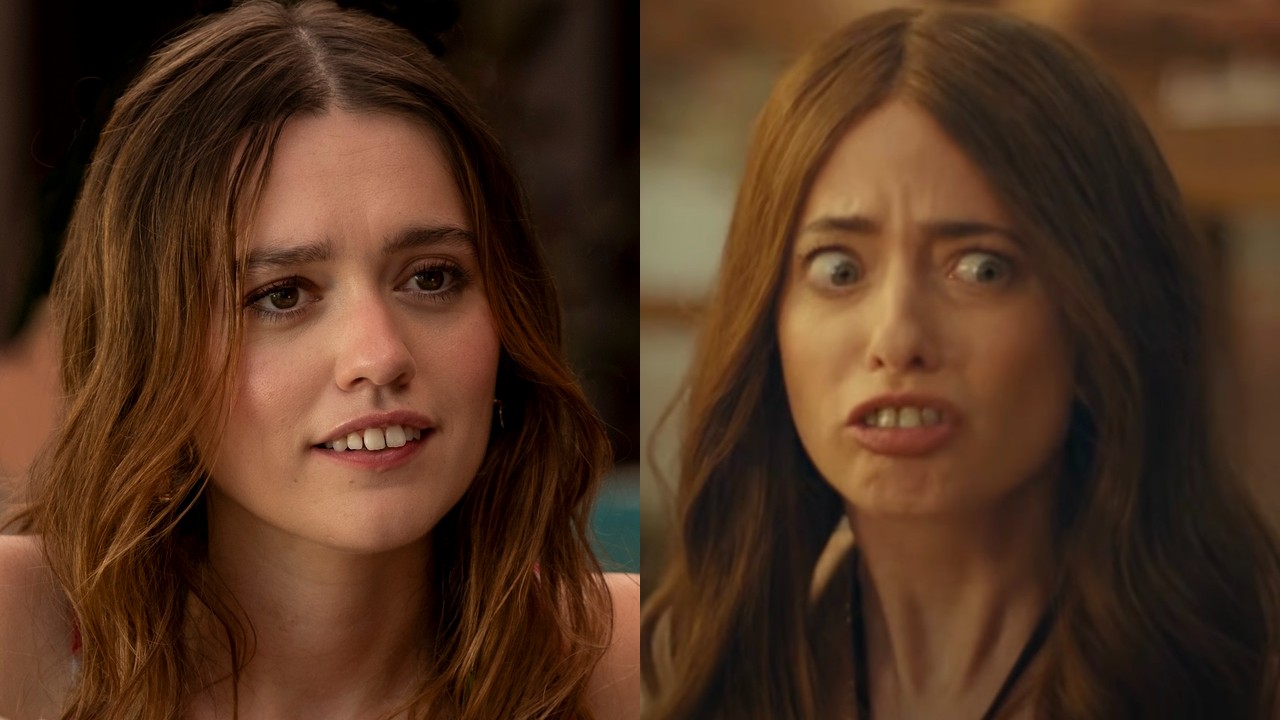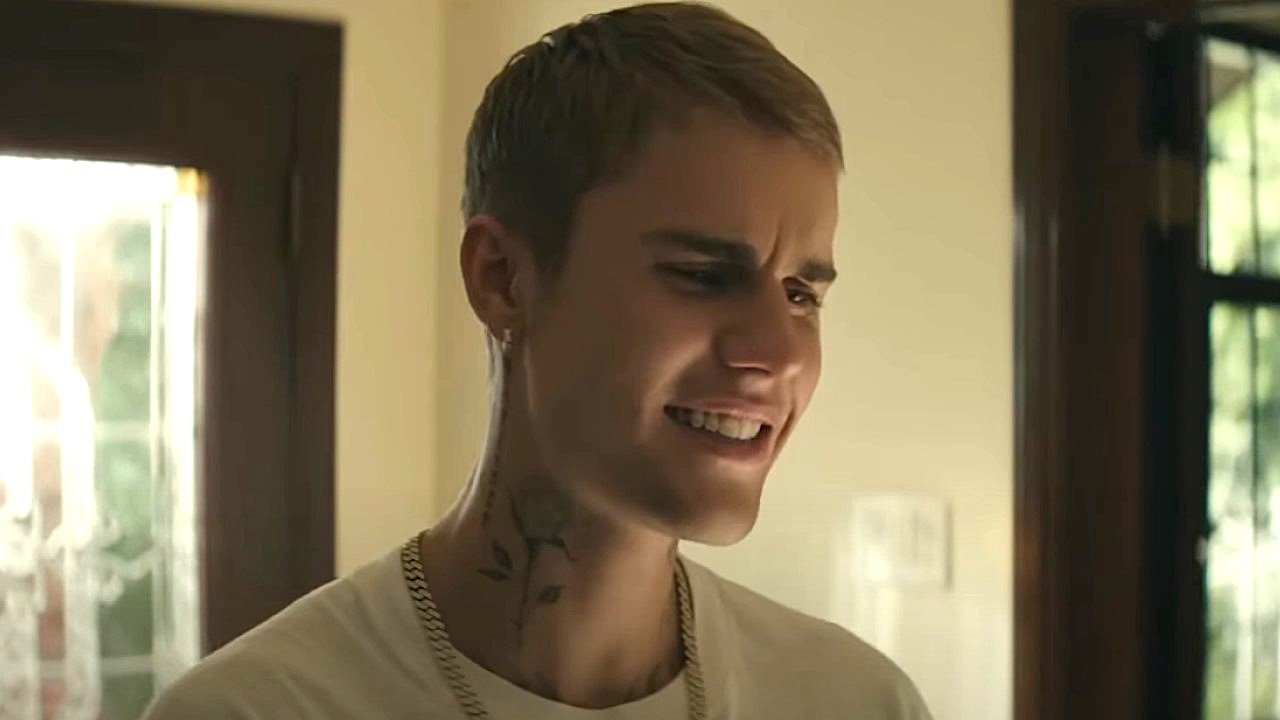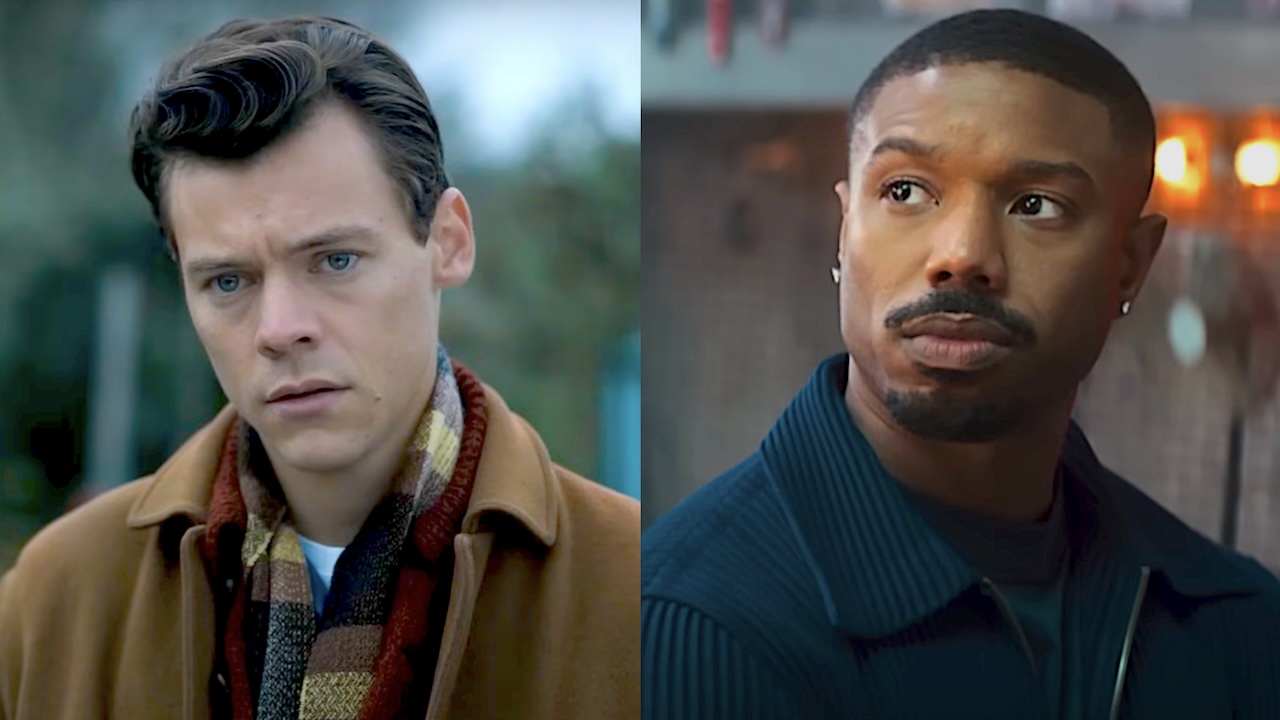13 Big Movies Before Solo That Replaced Their Directors
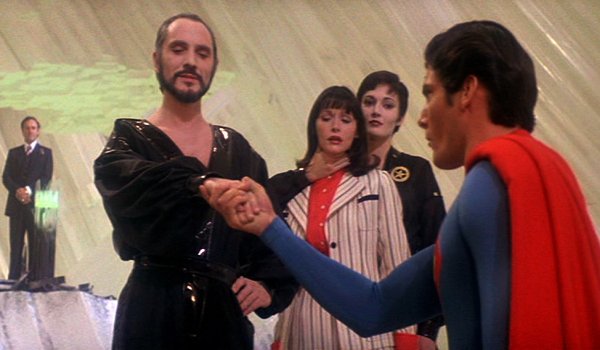
The dust has pretty much settled on Solo: A Star Wars Story, although history may show what extent swapping directors really affected the film, and in turn Lucasfilm's decisions with spinoffs moving forward. In the long history of Hollywood filmmaking, there have actually been a surprisingly long line of big ticket films that have executed the same sort of directorial switcharoo to varying results. In fact, there are some cases where it worked to the advantage of the film! If you thought that kicking directors off of pictures was a new thing, then prepare a brief history of 12 films that started with one director, but ended up heading into the home stretch with another one. Take a look.
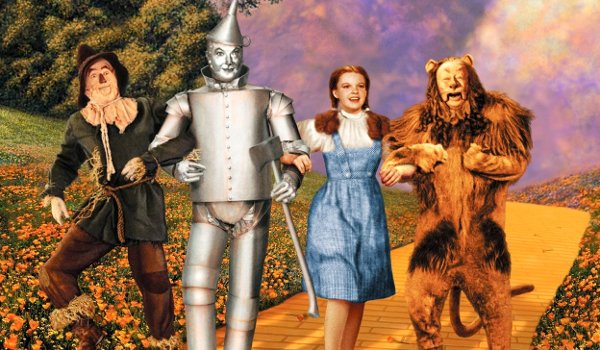
The Wizard Of Oz
Original Director: Richard Thorpe
Replacement Directors: George Kukor, Victor Fleming, and King Vidor
Creative differences are a primary, and frequent, cause of directors being dismissed off of pictures in the history of film. But The Wizard of Oz had some interesting replacements, as its original director, Richard Thorpe, was accused of trying to rush through the film's production schedule - setting off a chain of replacements that would make the film into the picture it eventually became. In order, the film had George Kukor as a directing consultant until he had to leave for Gone With The Wind, followed by Victor Fleming's time on the film, which saw a majority of the production completed. Bringing up the rear of the final phases of production was King Vidor, who filmed the bookending sequences in Kansas. Interesting enough, this wasn't the first time Victor Fleming would replace George Kukor, as his next assignment was a doozy.
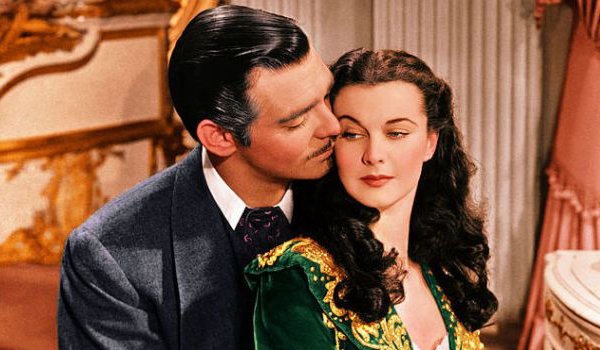
Gone With The Wind
Original Director: George Kukor
*Replacement Director: *Victor Fleming
As if Victor Fleming wasn't busy enough delivering The Wizard of Oz in 1939, he would actually go on to leave that production, once again replacing George Kukor, as the director of a small scale indie picture best known as Gone With The Wind. However, he wouldn't see that film through to the end of its production schedule, as he was fired three weeks into filming. Now, depending on who you talk to, either some shady history with Clark Gable or a disagreement with legendary producer David O. Selznick when it came to the film's pacing lead to Kukor's dismissal. So in came Victor Fleming to finish all but two weeks of the film's production - which came down to a case of exhaustion on Fleming's part. We guess that happens when you deliver two landmark pictures of such scope in one year.
CINEMABLEND NEWSLETTER
Your Daily Blend of Entertainment News
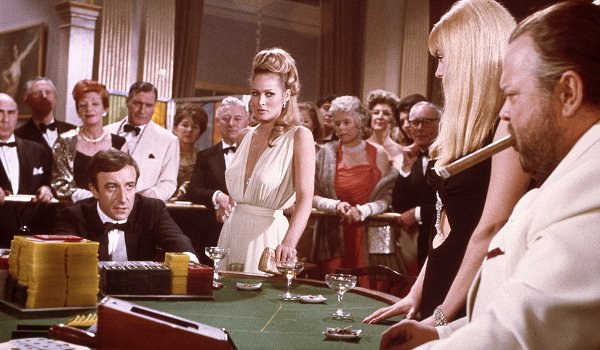
Casino Royale (1967)
Directed By: Ken Hughes, John Huston, Joseph McGrath, Robert Parrish, and Val Guest.
At the end of Casino Royale's 1967 spoof incarnation, a gigantic battle takes place with several "James Bonds," characters that were barely or not even mentioned throughout the rest of the film's narrative, and a makeshift atomic bomb in the guise of a hiccuping Woody Allen. If you think that sounds crazy, you should read into the fact that this comedic adaptation of Ian Fleming's first Bond novel had five different directors, as many (if not more) screenwriters, and a whole bunch of characters that took on the name James Bond. However, contrary to previous films at MGM that saw directors come and go, Casino Royale is technically the baby to each of those directors, as their various "episodes" were strung together to make up the finished film's story.
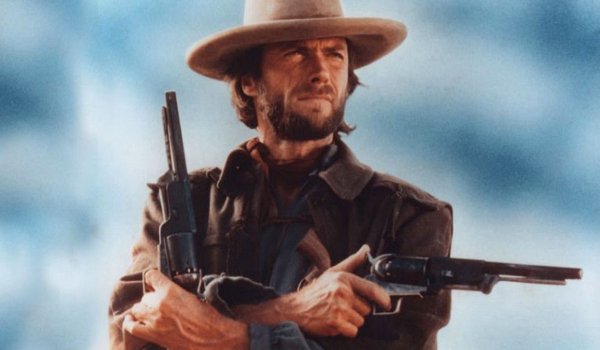
The Outlaw Josey Wales
Original Director: Phillip Kaufman
Replacement Director: Clint Eastwood
Writer/director Phillip Kaufman should have known that he wasn't going to see The Outlaw Josey Wales to the finish line, and it all comes down to three things: the direction of the story, the pacing of the production, and a woman. On the former count, Kaufman and Eastwood had a disagreement as to how the story to the film should run, as Kaufman thought Josey was too anti-establishment, and Eastwood loved that part of the character. However, that was only the first inkling towards what would happen, as both director and star had feelings for the female lead in the film, Sondra Locke. After 22 days of Kaufman's directing style and interest Ms. Locke, he was fired by the films' producer - on Clint Eastwood's orders. In the case of the film, the swap worked out, as the film won critics and audiences all over, further cementing Eastwood's mythic career as a film director.

Superman II
Original Director: Richard Donner
Replacement Director: Richard Lester
While crafting the classic Superman movie we all know and love, director Richard Donner was also hard at work on the film's sequel, Superman II. Making both films at the same time was an enterprise that taxed everyone involved, and eventually caused the first film to go over its shooting schedule by a full year. By time Superman was released, tensions were so high that Donner was fired from the sequel during its hiatus, and director Richard Lester was brought in to finish Superman II, complete with a newly rewritten script. What started as a film as serious in tone as Donner's original turned into a half serious / half farcical product that was an ultimate success with some glaring flaws. Thought this wrong would eventually be somewhat righted, as Richard Donner was invited to make a Director's Cut of Superman II, which ends up as close to his vision as it could be, almost 30 years later.
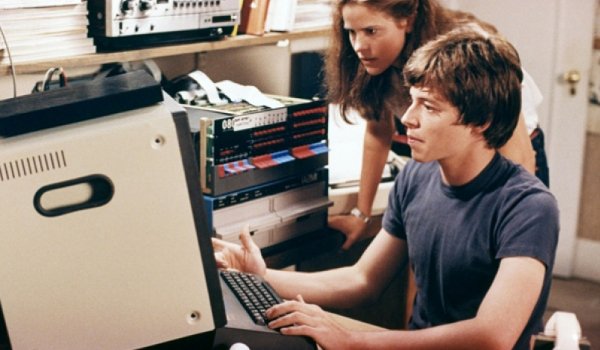
Wargames
Original Director: Martin Brest
Replacement Director: John Badham
Picture this: Wargames was extremely close to becoming a darker, more dramatic take on the film we eventually got out hands on. This is what original director Martin Brest was aiming for, during his two weeks as director on Wargames, and it's what eventually got him kicked off of the film by its producers. Lucky for them, John Badham was coming off the success of Blue Thunder, and he was available to lend his talents towards finishing Matthew Broderick and Ally Sheedy's classic blockbuster involving computer hacking, and a close call with World War III. Relaxing the atmosphere of both the set, and the production, what could have been a deadly serious flop became a looser, more enjoyable classic for the ages. So in a sense, Wargames is the anti-Solo.
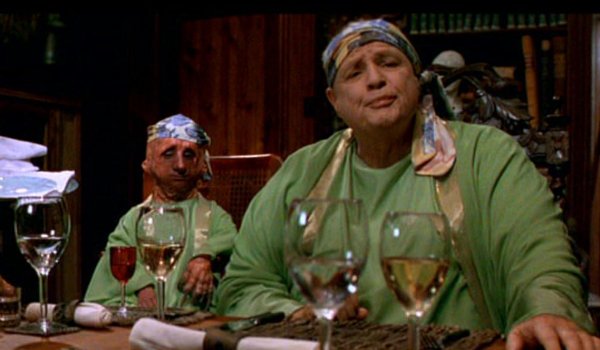
The Island Of Dr. Moreau
Original Director: Richard Stanley
Replacement Director: John Frankenheimer
Disastrous productions come and go, but the stories of their wreckage still remain, and the story of Richard Stanley's Island of Dr. Moreau remake is one of the most infamous stories on this list. Originally set to star Bruce Willis, Stanley's passion project turned into a nightmare after pre-production saw Willis and James Woods vacating the lead roles, leaving Val Kilmer and Rob Morrow to step in as the outsider who would challenge Moreau's worldview, and his right hand man, respectively. By time Richard Stanley's three days of directing had ended, a feud was in full force between Kilmer and Marlon Brando, the film's Moreau, Morrow begged to be recast and was granted his wish, and the director was ultimately fired by fax. He got the better end of the bargain, as his dream movie went to total hell just as John Frankenheimer took over, as clashing visions of the final project, and the Brando / Kilmer feud, both wrecked any chances of this being a solid, sound film. It's an oddity that deserves to be paired with Richard Stanley's documentary, Lost Soul: The Doomed Journey of Richard Stanley's Island of Dr. Moreau, if only to see the story behind the film that could have made it on the screen.
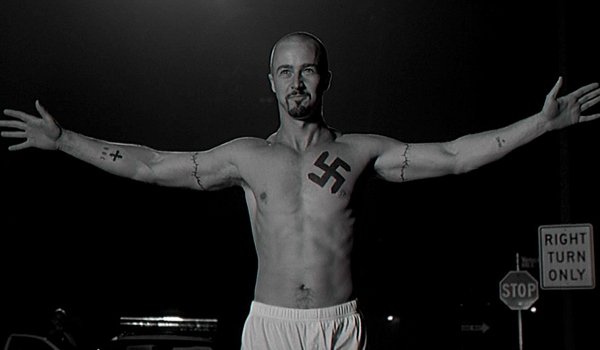
American History X
Original Director: Tony Kaye
Replacement Director: Jerry Greenberg / Edward Norton (Uncredited)
New Line Cinema had a hell of a time trying to bring The Island of Dr. Moreau onto the screen for 1996. So, having a hit like American History X not too long after helped further New Line Cinema's credibility in the late 90s, and helped Edward Norton's star rise even further after debuting in Primal Fear. The history of the film's production tells a different story though, with director Tony Kaye being forced by producers to cut his original, longer version into something more theatrically friendly. While Kaye took a swipe at it, the second pass still didn't satisfy the people in charge, leading to editor Greenberg and star Norton to be brought in to shape the film into its final, theatrical cut. Despite his disapproval, Tony Kaye's name was left on the film as its proper director, and the film became the independent classic it's known as now.
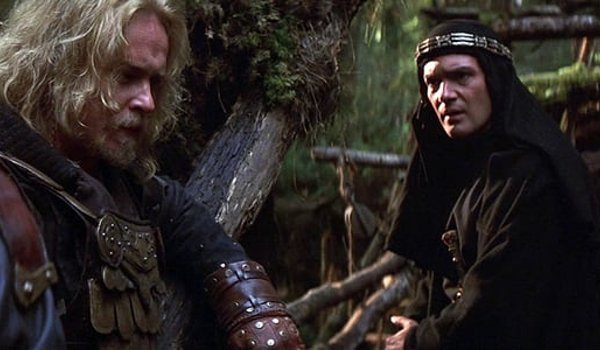
The 13th Warrior
Original Director: John McTiernan
Replacement Director: Michael Crichton (Uncredited)
What do you do when you're a bestselling author, but the latest film adaptation of one of your books has tested disastrously bad with audiences? If you're Michael Crichton, you put on your director's cap and direct enough reshoots to turn Eaters of the Dead into The 13th Warrior. While Die Hard and The Hunt For Red October's John McTiernan still retained director's credit on the film, fellow director Crichton took the reins and crafted the version we know to be the final product. These reshoots were so extensive, it also lead to the hiring of composer Jerry Goldsmith, in order to rescore the entire film. By time the transformation was complete, it blew up the budget to a rumored $160 million, which saw the film flopped pretty hard after making only $61.7 million back.
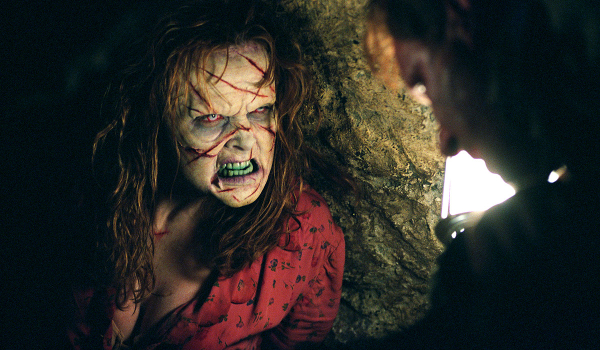
Exorcist: The Beginning
Original Director: Paul Schrader
Replacement Director: Renny Harlin
If you hire the man who wrote Taxi Driver and directed American Gigolo to make an Exorcist movie, don't expect blood and pea soup to fly across the screen. That's a lesson that should have been learned before Paul Schrader was hired on to create a prequel film that focused on Father Merrin's previous adventures in exorcism during World War II. Delivering a more cerebral and psychological horror story, Schrader had committed the ultimate sin, and was replaced by Die Hard 2's Renny Harlin, who reshot a whopping 90% of the film, creating Exorcist: The Beginning. When all was said and done, the film was panned as a critical disaster, though it managed to make profit from the looks of the budget ($50 mil.) to box office ($78 mil.) ratio. One final footnote in this cursed production is the fact that in the end, Paul Schrader was allowed to actually finish his version for limited theatrical / home video release, titled Dominion: Prequel to The Exorcist.
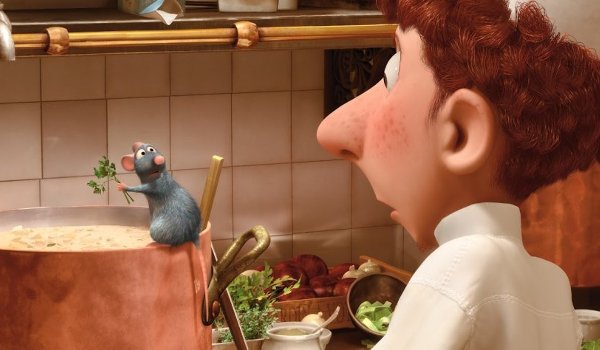
Ratatouille
Original Director: Jan Pinkava
Replacement Director: Brad Bird
This entry gets a bit interesting, as Jan Pinkava was never formally announced, but was widely considered the captain of the ship that was eventually the story development of Disney/Pixar's Ratatouille. The film would eventually find life in another creator's hands, as writer/director Brad Bird jumped on board the project, eventually shaping the story to become the grand adventure between Remy and Linguini in the kitchen of Gusteau's. You can thank Bird for a lot of what Ratatouille adopted as its story in the end, as he threw in a lot of physical comedy, as well as the death of Gusteau and the expansion of the kitchen staff's roles.
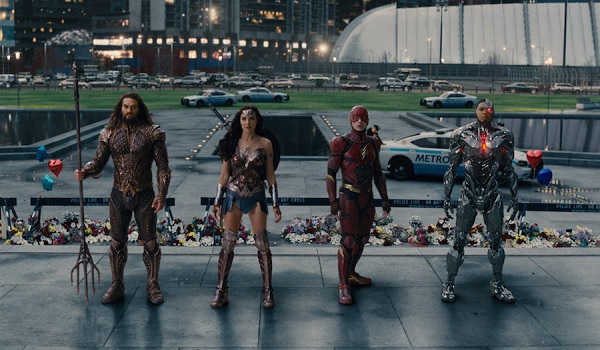
Justice League
Original Director: Zack Snyder
Replacement Director: Joss Whedon
If there was a modern poster child for director swapping, Solo: A Star Wars Story would only be supplanted by DC's Justice League. With Zack Snyder earning enough clout with comic fans to land the directing gigs of Man of Steel and Batman v. Superman: Dawn of Justice, he was DC's golden director. That wasn't the case by time Justice League went into production, as the fallout of his previous effort for the DC Extended Universe was already coloring the troubled production of that very film. Then, personal tragedy struck Snyder and his family, which ultimately lead to him taking a break from production that eventually turned into his departure. In came Avengers mastermind Joss Whedon to bat clean-up, and lead the extensive reshoots that turned the previously darker toned film into what was intended to be more of a light-hearted epic of heroism. The rest is modern history that's still affecting the direction of the DCEU today.
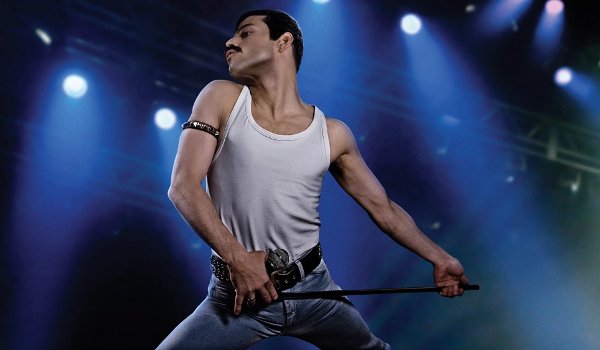
Bohemian Rhapsody
Original Director: Bryan Singer
*Replacement Director: *Dexter Fletcher
As if the story of Queen and Freddie Mercury's rise to fame didn't take a complicated enough road to production, the final product of Bohemian Rhapsody can add one more wrinkle onto its complicated record: they had to swap out directors extremely late in the game. How late, you may ask? Try two thirds through the shooting of the film, which was exactly the moment Bryan Singer stopped showing up to direct the film, after personal troubles and a history of conflict with the cast had all but fired him already. This left Eddie The Eagle director Dexter Fletcher to finish the third that was left over, thus completing Bohemian Rhapsody. Interesting enough, the official ruling on directorial credit will see Singer retaining his director's credit on the final project.
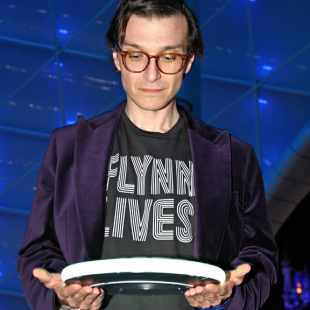
Mike Reyes is the Senior Movie Contributor at CinemaBlend, though that title’s more of a guideline really. Passionate about entertainment since grade school, the movies have always held a special place in his life, which explains his current occupation. Mike graduated from Drew University with a Bachelor’s Degree in Political Science, but swore off of running for public office a long time ago. Mike's expertise ranges from James Bond to everything Alita, making for a brilliantly eclectic resume. He fights for the user.
